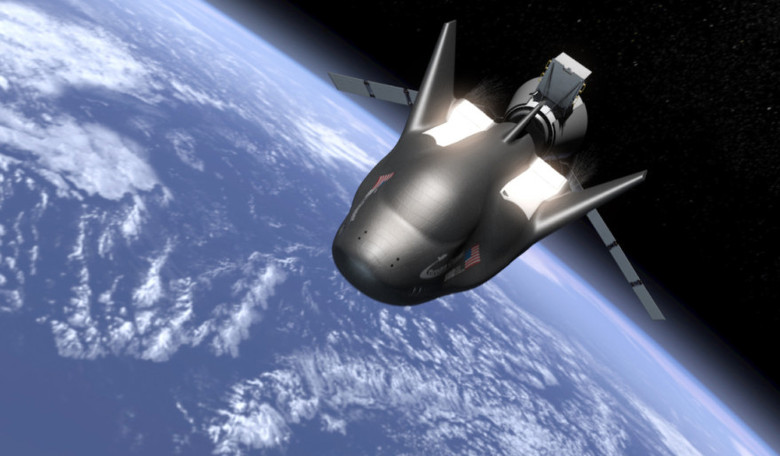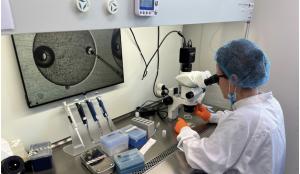Sierra Nevada Corporation (SNC) has been given formal approval by NASA to provide cargo to the International Space Station (ISS), with an anticipated launch window for late 2020.
The resupply mission will be the first of six, as the company won the Commercial Resupply Services (CRS) 2 contract in 2016 to transport cargo to and from the ISS.
"While we won the contract a couple of years ago, the contract still needed to be validated by a task order," said Mark Sirangelo, executive vice president of SNC's Space Systems business area. “Receiving NASA’s Authority to Proceed is a big step for the program.”
Once operational, Dream Chaser will be able to deliver up to 5,500 kg (12,125 lb) of pressurised and unpressurised supplies and scientific research payloads to the ISS. Not only that, but the spacecraft will be able to remain attached to the space station for extended periods of time so that the crew can transfer cargo and perform science laboratory operations. Its powered payload science experiments can operate continuously during the mission and any critical science can be conducted from the pressurised cabin via either crew-tended or autonomous means.
The mission also benefits from being able to return up to 2,000 kilograms of cargo, which can be delivered to NASA Kennedy Space Center (KSC) Shuttle Landing Facility (SLF) for immediate post-landing handover to customers.
“We can’t wait to see the vehicle return to Kennedy Space Center to a runway landing, allowing immediate access to the science payloads being returned from the station,” added Sirangelo.
“SNC has been successfully completing critical design milestones as approved by NASA, and having a timetable for the first launch is another important step achieved for us,” said Fatih Ozmen, owner and CEO of SNC. “The team has worked so hard to get to this point and we can’t wait to fulfill this mission for NASA.”











